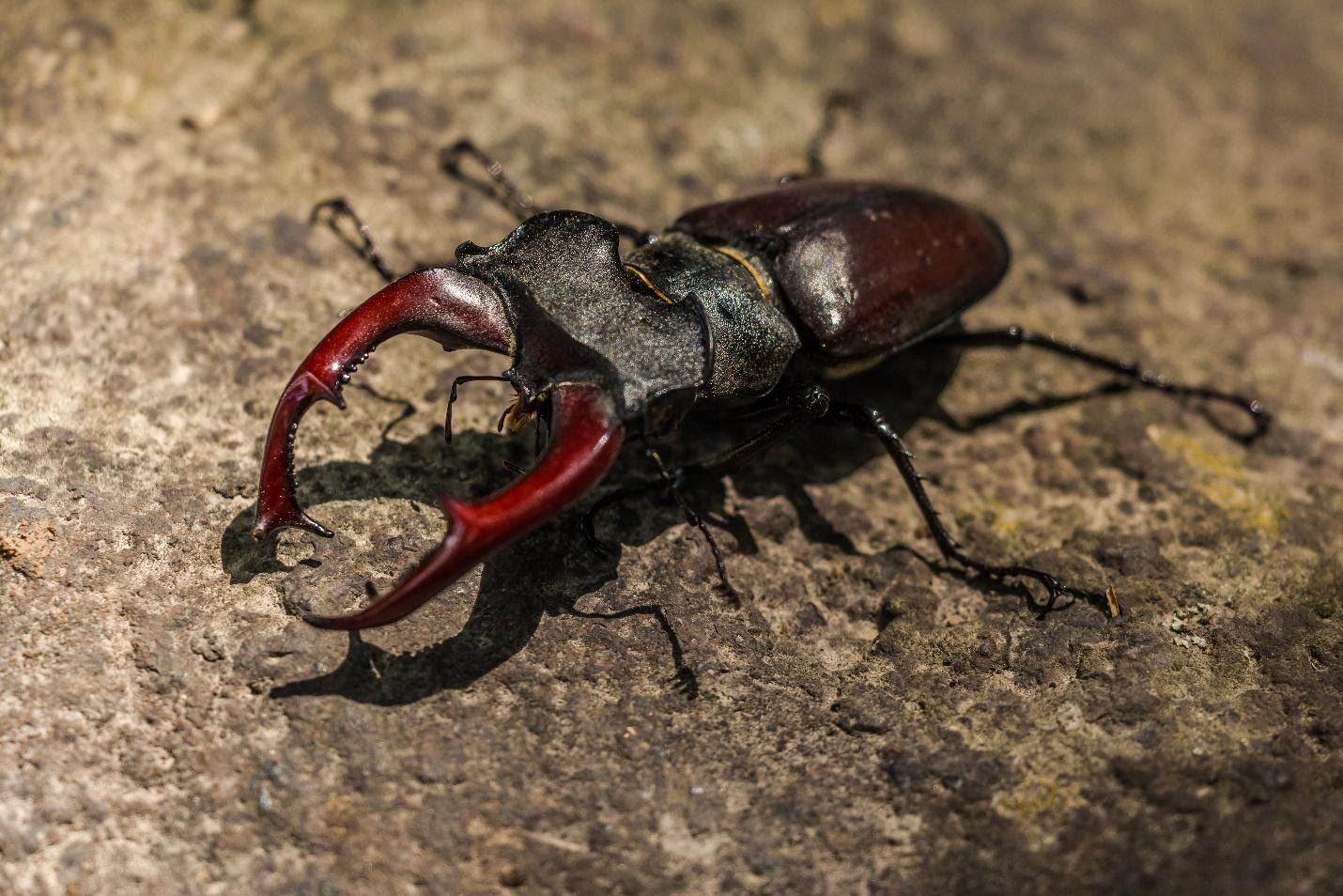In Japan, long-horned beetles are favorite pets among school-going children and collectors. They’re so popular and in high demand that rare beetles are now being smuggled to Japan at an alarming rate.
A Colombian living in the small of Tunja city saw a business opportunity and jumped on it. He’s now exporting long-horned beetles to Japan. It’s a lucrative business considering a pair of the elephant, Neptunus, and Hercules beetles can fetch up to $300 in Tokyo.
Selling the beetles isn’t a problem for Tierra Viva (his company that’s based in the central Andean city of Tunja, Columbia), but dealing with high fees when making international sales is. The export fees from the beetle sales soar to highs of up to 10%.
This motivated the company to create its cryptocurrency to circumvent the high export fees. And that’s how KmushiCoin came to be.
KmushiCoin accepted as payment in Tunja
Carmelo Campos, Tierra Viva’s chief programmer, said KmushiCoin was a better and efficient alternative to exporting the beetles overseas.
“It’s an alternative to be able to export the beetles to Japan or any other part of the world and be able to use it as a method of payment”.
Tierra Viva exports Hercules, Neptunus, and the elephant beetles mostly because people in Japan like them much — as they’re bigger and fascinating than Japanese species.
KmushiCoin got its name from the Japanese Kabutomushi long-horned beetle.
The digital currency is popular among Tunja residents and a widely accepted form of payment by over 200 businesses across the city — including hardware shops, cafes, clothing stores, and even restaurants.
Electricity provider adopts KmushiCoin
Campos revealed that Tierra Viva uses a small chunk of its long-horned beetle sales to buy back KmushiCoin — perhaps to increase the valuation of the coin and keep it going.
KmushiCoin came to life three years ago (in 2019) with an estimated worth of 0.30 cents. On Tuesday, the little-known digital currency was trading at a steady $1.84.
Campos is hoping KmushiCoin will be used nationwide (much like El Salvador adopted Bitcoin as a national currency). “Our objective is to be able to use it as a method of payment at the national level”.
Their dream could soon be realized as a local electricity provider recently requested its customers to pay power bills using cryptocurrency.
Terra Viva makes a kill selling long-horned beetles that can grow to the size of an adult’s hand, and with a lifespan of one-and-a-half years. Besides the beetles, the company also sells highly sought-after fertilizer (made from the beetles’ larvae).












